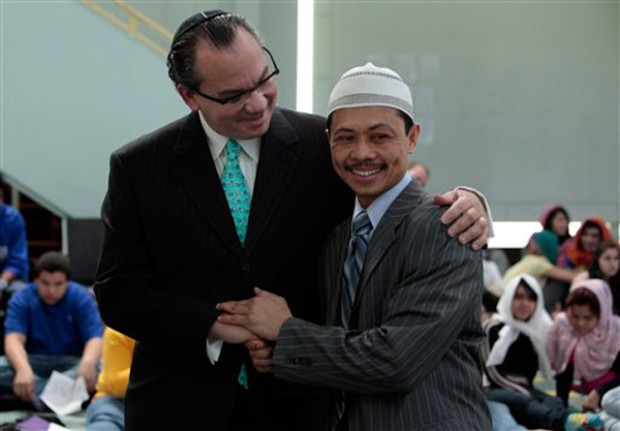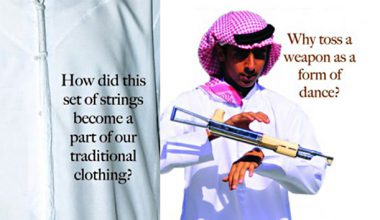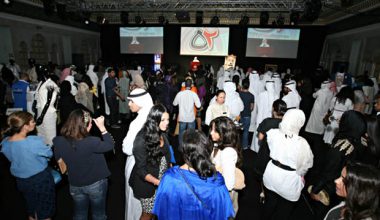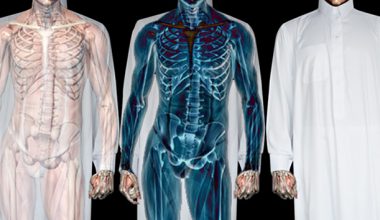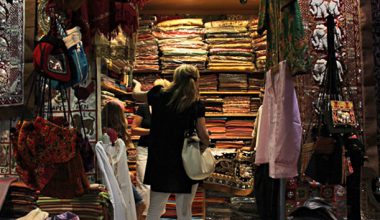
“There are an estimated 3-4 million Muslims living in the United States – a number that is expected to double by the year 2030. Muslims in the U.S. come from a wide variety of ethnic backgrounds including African Americans, South and East Asians, Europeans, Arabs and East Africans.”
When thinking about Ramadhan abroad, one must contextualize fasting obligations within an infinite amount of lifestyle and cultural differences. A fasting person’s level of commitment has to be extremely heightened as the city goes on with its natural pace and there is always some level of tension between a Muslim and the urban fabric. Not frequenting mosques and reading blog updates can easily lead to a feeling of isolation and distraction.
This article will focus on primarily the lives of students and working professionals, especially those based in New York City. We attempt to capture trends to provide cross-cultural insight, bringing the reader to learn about Ramadhan outside of the Arab world context.
Lifestyle Re-Design During Ramadhan
It is not uncommon to carry around one’s sijada in a bag. Some company offices enable you to schedule a room for private time. “Wellness rooms” are a luxury extending to mothers wanting time with their babies to employees that simply want to take a nap. In these environments, you come to develop your reference points. Concepts like privacy, time management, and cultural sensitivity start staring you in the face constantly.
Logistics aside, many websites gear their content towards motivational thinking and lifestyle enhancement. A great example here is the blog Productive Muslim, written by “Abu Productive”. They began publishing “Productive Ramadan”, a blog aiming to help users focus on their deeds and self-improvement with tools like the taskinator, animations, and motivational articles. All of these are intended to inform how their readers shape their Ramadhan experience and relationship to Allah. The website is actually very comprehensive with video interviews, coursework, and book reviews.
Extending this educational goal, SeekersGuidance is an online educational institution created by Imam Afroz Ali. It provides counseling and content by highly accomplished scholars in podcasts, forums, and videos. Lastly, in the UK, the government launched “Ramadan.co.uk”, a public entity that supports media in real-time as well as creating resources such as timetables, “a listing of nearly 30 radio channels”, recipes and more.
With all these resources, it becomes easier to get a sense of community and solidarity with something bigger than oneself. The community that results is an eclectic mix of perspectives, practices, and levels of dedication.
Architectural Semantics: Islamic Centers vs Mosques

Google “mosques in Manhattan” and you will quickly realize that masjids are typically referred to as “Islamic Centers” or “Cultural Centers”. Defining the space this way enables the space of worship to become multifunctional. In fact, having worship complexes, rather than simply a building purely for worship, allows for a much more immersive environment. Also, space in world class cities is tight and expensive.
The New York University mosque sits in a pleasant and spacious basement… under a church. It is led by Imam Khalid Latif, an inspirational young thought leader who leads many engagements at The Islamic Center at New York University, and has also gotten exposure on the Huffington Post. Many mosques in the country are combined with other places of worship, which is a perfect situation for interfaith engagements.
Astoria, Bay Ridge and Jackson-Heights are areas in Queens and Brooklyn that have a handful of regular and underground buildings. In Manhattan, there is a beautiful enormously active mosque on the Upper East Side as well.

Daily Chronicling of Ramadhan Days
Reflection is a core association with Ramadhan. Interestingly, reflections today often open way for the publicity of those personal reflections. This is where blogging and the online dynamic come to play. It would take an immense length of time to list the various resources available across the web and the astounding content on Youtube. Here we highlight noteworthy thought leaders living abroad:
The first is the audio chronicles of Tariq Ramadan. He speaks at length about spiritual topics regarding obtaining knowledge, improving the human condition, the essence of fasting, Allah’s traits (siffat) and more abstract ideas such as “light” or “hunger”. He does well in representing a Sufi’s interpretation.
Secondly, there’s Spiritual Appetite (aka Wajehat Ali’s Patheos). Wajehat is a Pakistani Muslim-American playwright, blogger, and Attorney at Law. I personally highly recommend it for those who enjoy listening.
Lastly, we’ll mention “30 Mosques in 30 Days”, a highly immersive and rich cultural experience that is taking place for its 3rd time this year.
NYC-born Aman Ali and Bassam Tariq traveled 13,000 miles across America’s 30 states in a tremendous initiative. They share stories of unique Muslims with a human angle that is both touching and humorous. All that can be really added to an already wonderful project and media coverage is that we need the 30 Mosques road-trip in every country.
“While the trip centers around Aman Ali and Bassam Tariq’s travels, the true stars of this project are the readers that have supported the initiative. In less than a month, readers gave more than $12,000 in online donations to this project to make this half-baked idea to go across the country a reality.”

Ramadan for Kids
The annual “Ramadan Awareness Campaign” connects a community to downloadable Ramadhan plans. The kid's corner contains learning aids such as charts and recitation tools.
Getting playful, blogger Mezba Mahtab conveys Ramadhan stories via Lego photographs, in a compellingly original way. He cites Quranic verses in the blog, “Read With Meaning”. He is amazing! Mahtab can be followed on Twitter @Quran4Kids. Check out his pictures below.


Finally, I highly recommend that you take a look at Muxlim. It’s a great resource for Muslims worldwide; check out their Top 10 Ramadan Blogs.
– Plus Aziz
Photo Credits to Islamic Cultural Center on New York and 30 Mosques in 30 Days

